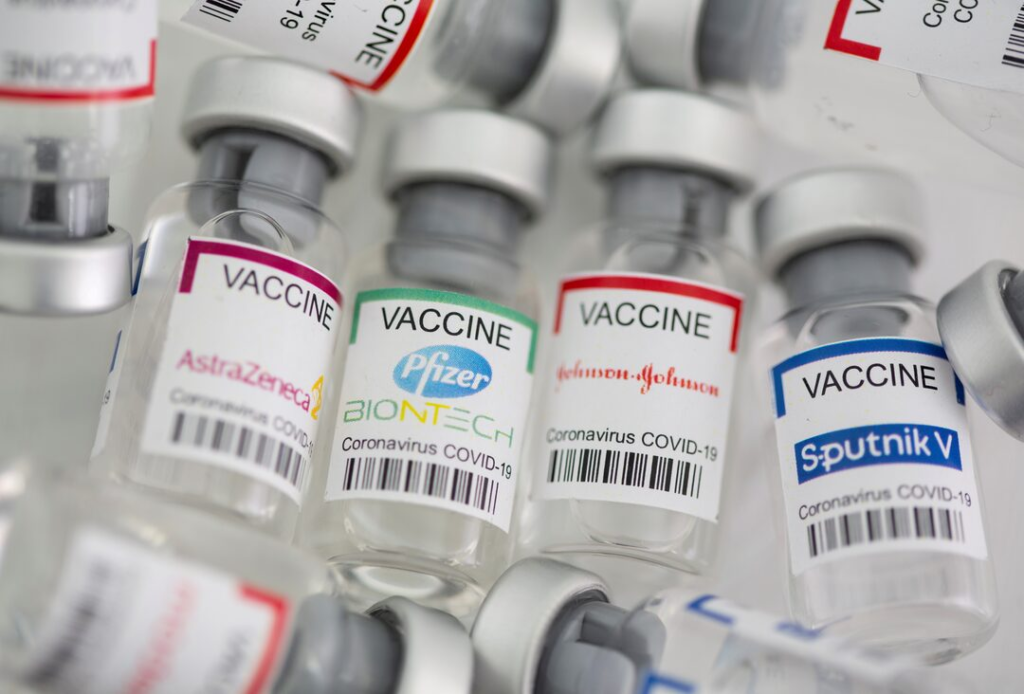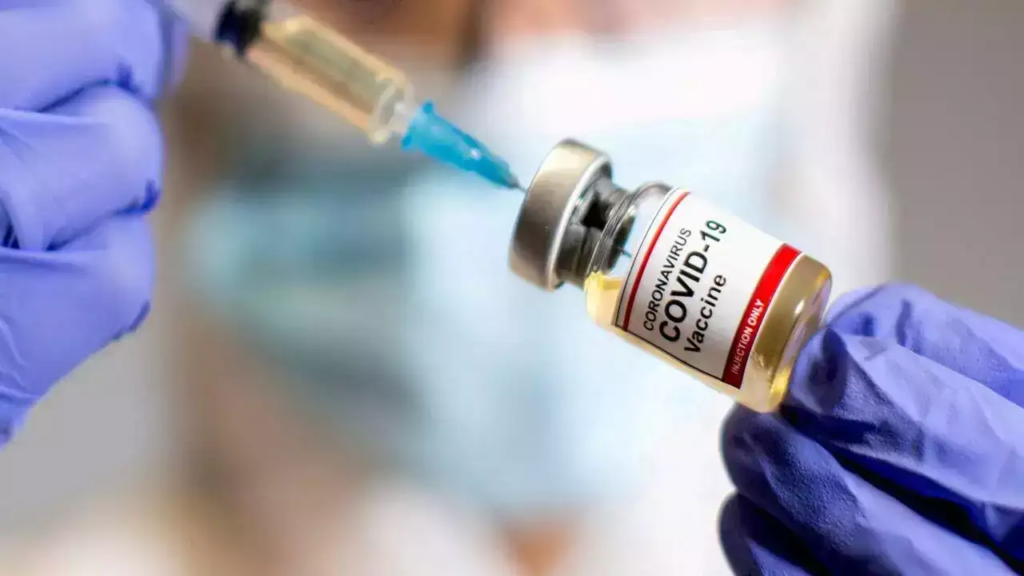The United States government has introduced a new policy that limits access to COVID-19 booster shots. Only adults aged 65 and above, or individuals considered at high risk, will now be eligible for additional doses. This policy marks a significant shift from previous strategies, which aimed to offer boosters to the broader population.
The decision has sparked a national debate, especially as COVID-19 cases fluctuate and new variants continue to emerge. According to public health experts, the goal is to prioritize protection for the most vulnerable groups while reducing unnecessary medical interventions for those at low risk.
Why the New Policy?
Health officials at the Centers for Disease Control and Prevention (CDC) and the Food and Drug Administration (FDA) say the data shows that younger, healthier individuals are less likely to suffer severe consequences from COVID-19. For this reason, routine booster shots are no longer recommended for the general public.

Dr. Peter Marks, director of the FDA’s Center for Biologics Evaluation and Research, said: “Our current evidence shows that older adults and those with certain health conditions continue to benefit the most from boosters. It’s important to focus our resources where they make the biggest impact.”
According to recent statistics from the CDC, more than 95% of Covid-related deaths and hospitalizations occur among those aged 65 and older or with underlying health conditions such as diabetes, obesity, or heart disease.
Who is Considered High Risk?
Aside from individuals aged 65+, the new guidelines include people who:
- Have weakened immune systems (e.g., cancer, HIV, or organ transplant patients)
- Suffer from chronic illnesses (e.g., heart disease, diabetes, chronic lung issues)
- Reside in long-term care facilities
- Work in high-exposure settings (e.g., healthcare workers, caregivers)
While this list provides clarity, health providers are encouraged to make decisions based on individual patient risk rather than strict categories.
WHO Recommendations on Covid Boosters
What About the General Population?
For healthy adults under 65, the government currently advises against getting additional booster doses unless specifically recommended by a healthcare provider.
This shift aligns with the World Health Organization’s broader stance to focus vaccination efforts on groups most likely to experience severe outcomes.
Dr. Rochelle Walensky, former CDC Director, noted: “Covid is no longer the emergency it once was. That doesn’t mean the virus is gone, but our response must evolve with the science.”
Concerns and Criticisms
While the decision is rooted in scientific evidence, some critics argue that it could lead to confusion and reduced overall vaccination rates.
Several doctors have warned that reducing access might discourage people from staying updated with COVID-19 information and health practices.
Moreover, there is concern that the virus may still cause complications even in younger individuals, especially with long Covid cases still being reported.
“There’s a delicate balance between being cautious and over-medicalizing,” said Dr. Leana Wen, a public health professor at George Washington University. “But clear messaging is essential. People need to know if they’re at risk or not.”
Booster Uptake Already Low
According to the latest CDC data, only around 22% of eligible Americans had received the most recent booster shot, even before the new rules. This shows a continuing decline in public interest or trust in booster campaigns.

Now with eligibility being restricted further, officials hope to drive focus and resources towards educating the vulnerable about the continued benefits of updated Covid vaccines.
US Covid Booster Coverage Stats
Will New Variants Change the Rules Again?
One of the key concerns is whether emerging Covid variants will lead to another policy shift. The current plan allows for future updates if the virus shows significant changes in its behavior or health impacts.
The Biden administration stated that it remains committed to monitoring the virus closely and will make adjustments to the booster eligibility list if needed.
Vaccine manufacturers like Pfizer and Moderna are already developing new versions targeting dominant variants, expected to release later this year. However, those updated boosters will still follow the same eligibility restrictions unless a major outbreak occurs.
The Role of Personal Responsibility
With Covid no longer classified as a public health emergency, much of the responsibility for prevention now falls on individuals. This includes wearing masks in crowded places, staying home when sick, and staying up-to-date with eligible vaccines.
Healthcare providers are being asked to play a bigger role in helping patients understand their risk profile and make informed decisions.
What You Should Do Now
If you are:
- 65 or older – Schedule your booster appointment as soon as possible.
- High risk – Talk to your doctor about your eligibility and timing.
- Under 65 and healthy – Stay informed, and practice other protective measures.
Vaccines continue to be available at most pharmacies and clinics, often at no cost through government or insurance programs.
To find a vaccination site or check eligibility in your area, visit Vaccines.gov.
Final Thought
The US government’s decision to limit Covid booster shots may seem restrictive, but it reflects the evolving understanding of the virus and its risks. With a focus on high-risk populations, public health agencies hope to maximize protection where it’s needed most while encouraging a more measured and evidence-based approach.
Staying educated, proactive, and responsible remains the best defense against the ongoing challenges of Covid-19.
Also Read – Trump Plans $175 Billion ‘Golden Dome’ to Shield America





